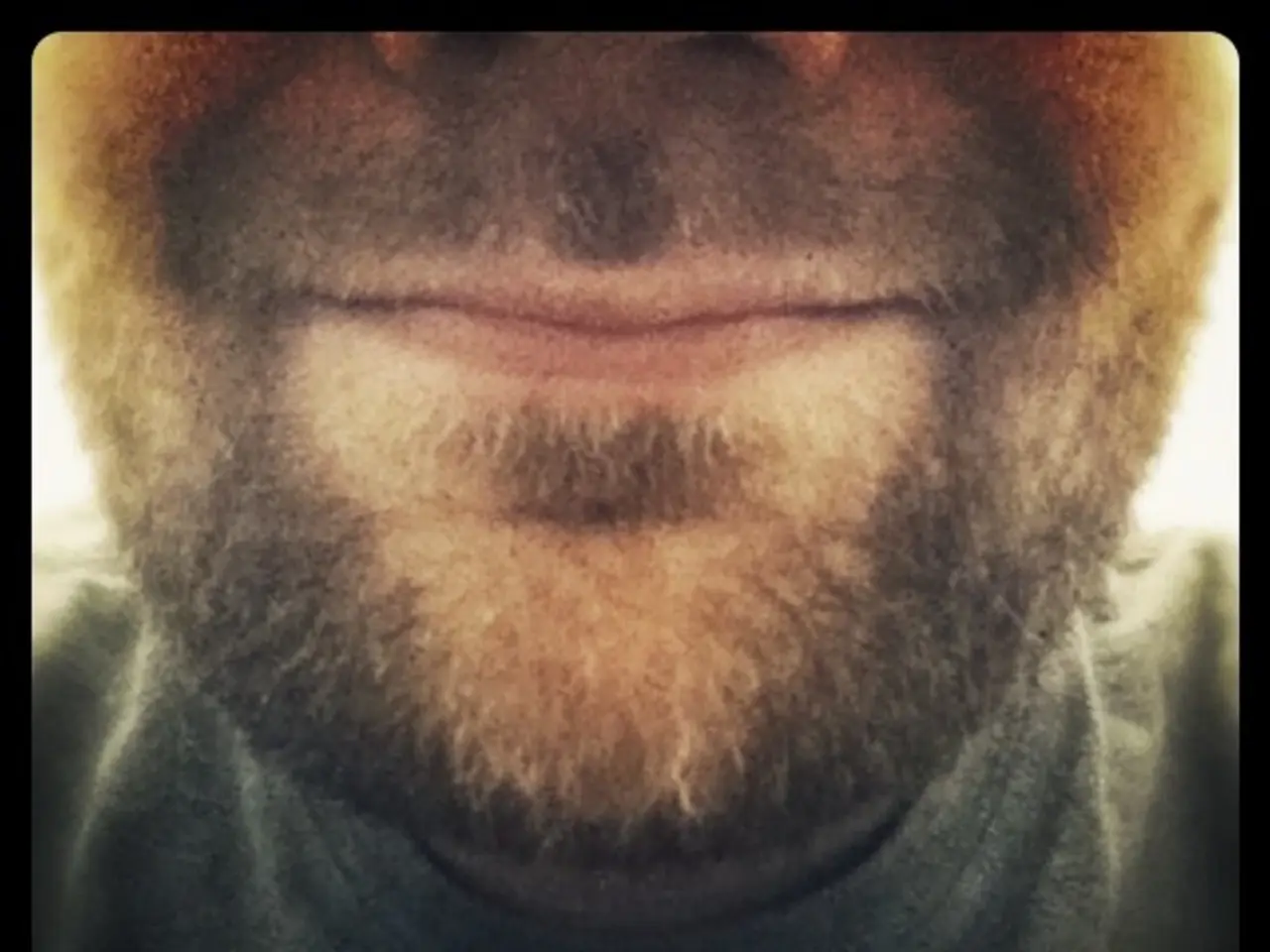Ice Eating Disorder: Definition, Triggers, Signs, and Management Strategies
Pagophagia, a compulsive urge to chew ice, can be more than just an unusual habit. This condition, which is a form of pica, is often linked to underlying health issues, particularly iron deficiency anemia (IDA).
Iron deficiency anemia occurs when the body lacks sufficient healthy red blood cells due to low iron levels. If left untreated, IDA can lead to fatigue, weakness, and potentially serious underlying causes such as chronic blood loss, gastrointestinal diseases, or malignancies. It's essential to seek medical evaluation if you suspect IDA, especially if you have persistent cravings for ice.
The direct physical effects of excessive ice chewing can also pose significant health risks. Chronic ice chewing can cause tooth sensitivity and enamel wear, cracked or weakened teeth, and jaw problems due to the mechanical stress of chewing hard ice. These dental issues may become permanent, as enamel cannot regenerate naturally, although early enamel lesions can be remineralized with proper dental care.
Pagophagia may also indicate or coexist with nutritional deficiencies or mental health conditions. Digestive discomfort has been reported from swallowing large amounts of cold ice, and in some cases, pagophagia can be compulsive, related to obsessive-compulsive disorder (OCD) or anxiety disorders.
Addressing the underlying cause of pagophagia is key to improving symptoms and preventing further health deterioration. Treatment may include iron supplements, nutritional therapy, psychological counseling, dental care, behavioural alternatives, and referrals to specialists.
For those seeking alternatives to ice chewing, options include chewing sugar-free gum, sucking on cold fruit, and using stress-relief tools like putty or fidget devices. Nutritional therapy can address other deficiencies, such as zinc or calcium, which may contribute to pagophagia.
Cognitive Behavioural Therapy (CBT) is an approach used in psychological counseling to help manage stress and change harmful behaviours like pagophagia. It's important to remember that pagophagia can occur in children with autism spectrum disorder or developmental delays, possibly due to sensory-seeking behaviours.
In conclusion, the long-term risks of pagophagia include dental damage and, more importantly, it is often a clinical sign of underlying iron deficiency anemia, which if left untreated can lead to systemic complications. Regular monitoring of nutrient levels is crucial, and if you or someone you know is struggling with pagophagia, seeking medical evaluation is vital to diagnose and treat any underlying causes and to mitigate associated risks effectively.
- Pagophagia, a compulsive urge to chew ice, may signify mental health conditions such as obsessive-compulsive disorder (OCD) or anxiety disorders, and it may also be linked to nutritional deficiencies.
- Digestive discomfort can arise from swallowing large amounts of ice when experiencing pagophagia, indicating potential issues with digestive health.
- In some cases, chronic ice chewing causes dental risks, including tooth sensitivity, enamel wear, cracked or weakened teeth, and jaw problems due to the mechanical stress of chewing hard ice.
- Addressing the root cause of pagophagia is essential for managing symptoms, preventing further health problems, and improving overall health and wellness.
- Treatment for pagophagia may involve iron supplements, nutritional therapy, psychological counseling, dental care, behavioral alternatives, and specialist referrals.
- Nutritional therapy can help address deficiencies in not only iron but also other nutrients like zinc and calcium that could contribute to pagophagia or other health issues like chronic kidney disease, cancer, and cardiovascular health.
- Cognitive Behavioral Therapy (CBT) is used in psychological counseling to aid in managing stress and altering harmful behaviors like pagophagia, especially in children with autism spectrum disorder or developmental delays.
- When seeking alternatives to ice chewing, options include sugar-free gum, cold fruits, and stress-relief tools like putty or fidget devices.
- Regular monitoring of nutrient levels is crucial to ensure overall health, including healthy skin, eye health, hearing, and avoiding skin conditions related to nutritional deficiencies.
- Finally, if you or someone you know is experiencing pagophagia, seeking medical evaluation is essential for an accurate diagnosis, proper treatment, and effective risk mitigation for underlying medical-conditions, chronic-diseases, and long-term health complications.




